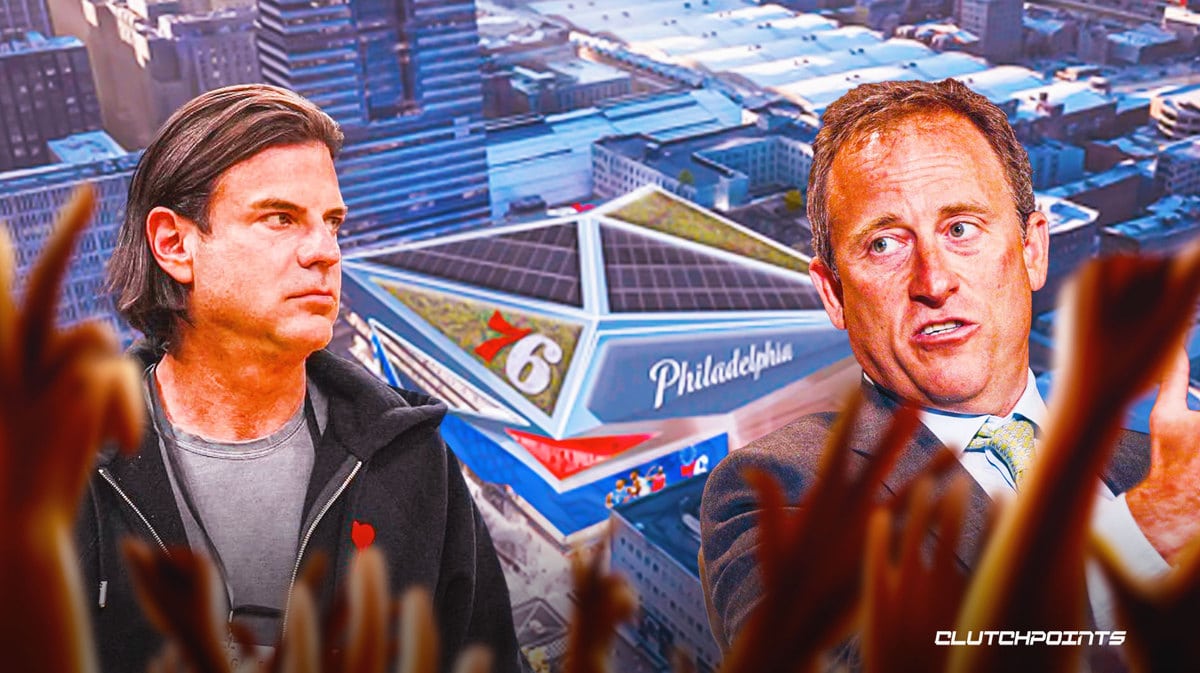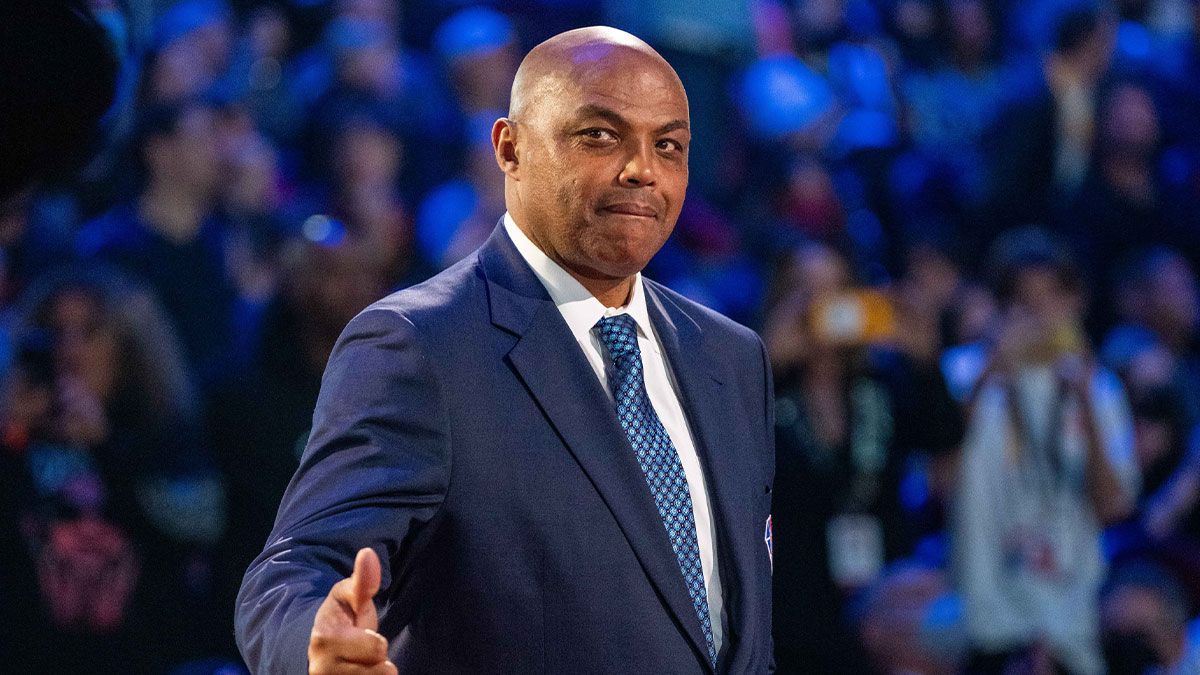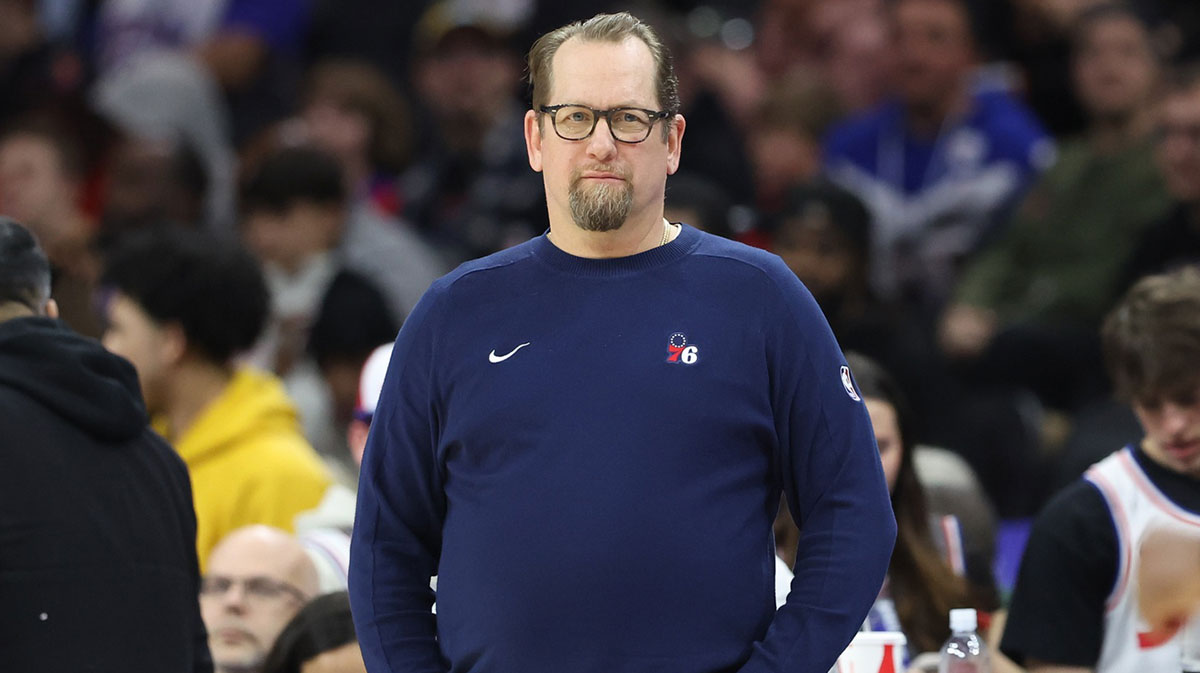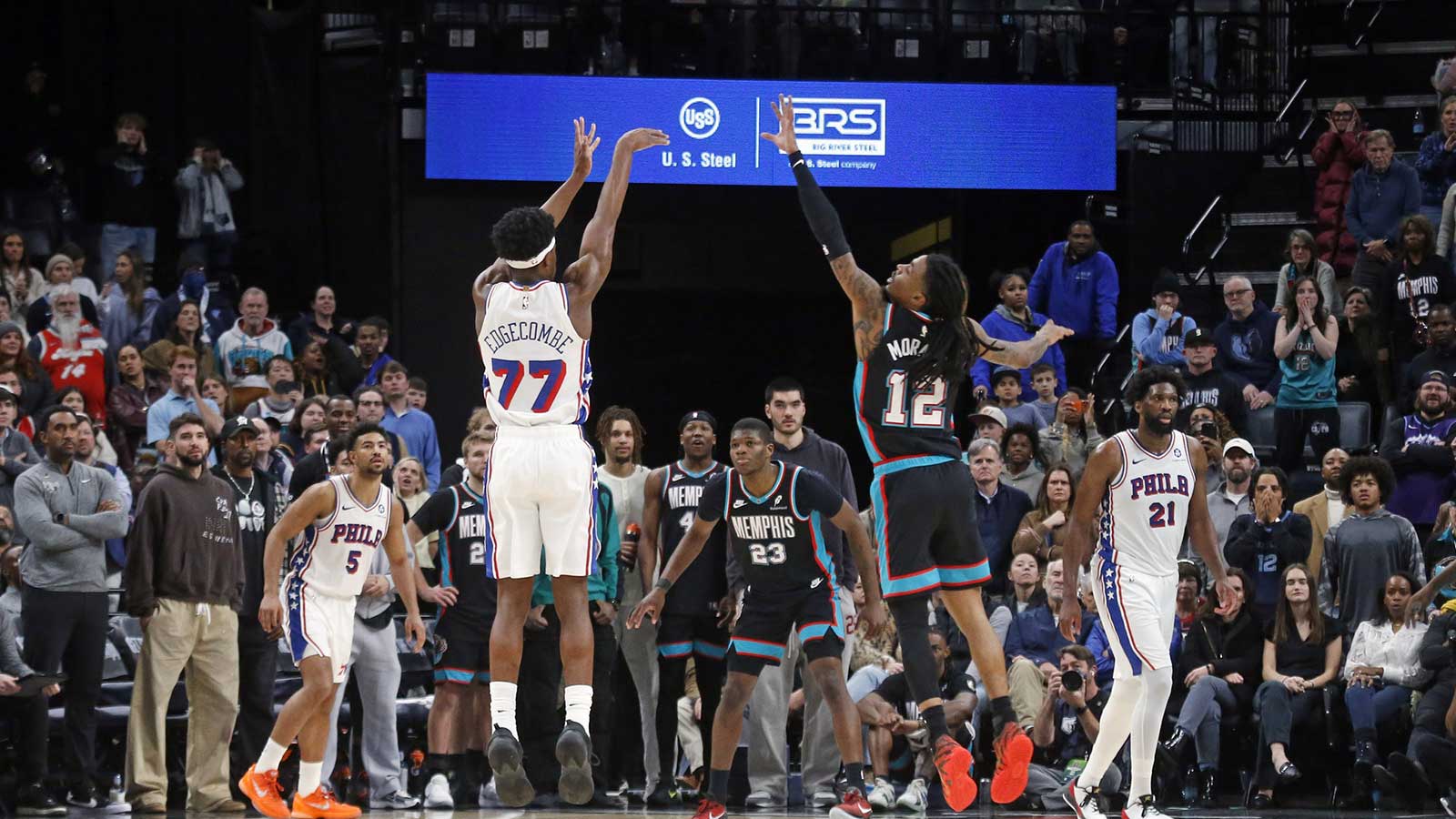The Philadelphia 76ers are looking to build a new home in Center City Philadelphia. Tired of being a leased tenant in the Wells Fargo Center, the Sixers want to build a new arena, 76Place, that would open for the 2031-32 season. Many members of the Philadelphia community — specifically those in Chinatown, located on a block neighboring the proposed arena site — are making a stand against the Sixers' plans.
A protest has been planned for Saturday, June 10 against the Sixers' proposed arena. The “No Arena in the Heart of Our City March and Rally” will travel through Chinatown and to City Hall and features local performers. Several other protests have already occurred, calling for Josh Harris and David Blitzer, the Sixers' managing partners, and David Adelman, a co-partner and the chairman for 76 DevCorp, the franchise’s arena development corporation, to cease the initiative.
Mohan Seshadri, the executive director of the Asian Pacific Islander Political Alliance, and Kenny Chiu, an organizer of Students for the Preservation of Chinatown, spoke with ClutchPoints about the Sixers' arena proposal and what issues would spawn out of its construction and operation.
The Sixers declined to comment on this story and pointed to information on their website that aims to address concerns and questions regarding the arena venture.
“This isn't a Sixers thing, right? It's a real-estate developers thing who happen to own the Sixers,” Seshadri said, clarifying that the arena plans are a matter of the organization, not the team. “And at the end of the day, it's pretty clear to us that this isn't just three bros who just really love sports and really love Philly — that this is a real estate land grab.”
Data conducted by the Philadelphia Chinatown Development Corporation, which included a poll with over 230 participants and three community meetings, says that 94 percent of residents oppose the arena plans. Concerns have been raised not just over the displacement of residents and businesses but the effects that the six years of arena construction will have on the environment.
Adelman said in a recent interview with Crossing Broad that they “will not displace one business or one resident with the new arena.” He said that he does not want to dismiss the Chinatown community’s concerns and offered to invest in the area with, among other things, affordable housing initiatives, security resources and promotion of local businesses. But to the ears of activists, that talk is cheap.
“If he cared that much about the community, he would spend his money regardless of whether or not he was gonna make however much money he stands to make off the arena in the process,” Seshadri said, adding that promises like that are “an attempt to just kind of get folks to shut up and sit down as our community slips away.”
The Sixers' outreach has not received great reviews, either. “They said that they wanted to engage with our community intentionally but didn't have meetings that were fully in language,” Seshadri said. “Or, when they had meetings with Chinatown members and Chinatown leaders, community members were told to not ask tough questions to the developers to not make them look bad and not make the community look bad.”
One major source of contention between the Sixers' development group and the local community was a bill from December 2022. In a piece of legislation focused on the refinancing of a parking garage, a provision was included that would have made it easier to close a portion of a street adjacent to the proposed arena location. This provision was included in the bill unknowingly to the public but was later removed by Councilman Mark Squilla, who authored the bill.
“You only do that if you don't actually care about the community and don't actually care about our voices or our needs and are trying to build this at all costs,” said Seshadri.
Aside from planning protests and raising overall awareness of the Sixers' project and its problems, mobilizing against the bill and reaching out to any elected official they can are the primary actions taken to oppose 76Place. Seshadri said that staffers from U.S. Senators John Fetterman and Bob Casey Jr. will be visiting Chinatown in the next few weeks to hear the community's concerns and learn more about the area.
For Seshadri, the Sixers not extending similar efforts has led to distrust. In a December meeting that featured 350 attendees by Seshadri's count, the members of the Sixers development team in attendance left early. “They didn't even stay the entire time to hear everything that our community had to say,” he said. “And since then, that's the last time – as far as I know — that we've seen them in Chinatown.”
Chiu, a devoted Sixers fan, said that his fandom has “absolutely not” waned as the team looks to build the new arena. He said that he will always wish for the players to succeed but is disappointed that the team is looking to buck the trend of having an arena that doesn’t impose on communities.
“It is a shame that ownership is trying to build an arena instead of a championship roster,” he quipped. “But it is upsetting that they are trying to take away from the sporting complex that we have in South Philly. It's really been a tradition to have all of the stadiums all be in one place in South Philly.”
Many other Philadelphians have raised the complaint that having all four of its major sports teams in one location should be taken away. The Sixers' method of building its own, improved home was built on a vision of revitalizing commerce in a region in need of it.
But the community that exists nearby – one that is already vulnerable and is seeing rates of violence against its members growing astronomically — doesn’t see eye-to-eye with the organization. For Chinatown, fights like these are not new. Urban renewal projects in Philadelphia during the 1960s and 1970s destroyed homes and built the Vine Street Expressway, slicing Chinatown into two neighborhoods.
Seshadri said the chance to work with organizers who have parents and grandparents is a “tragic but beautiful thing” that creates a strong sense of unity. “We get to work with generations of activists and organizers and community members and community leaders who were taught how to fight by their previous generation,” they said. “And that this is actually you know, just the next kind of step in a multi-decade fight to make sure that our people have a place to be safe.”
As the Sixers push ahead with their plans to construct 76Place, they can expect voices of opposition to grow in amount and intensity. The message from Chinatown's residents and allies is a familiar one to Philadelphia: one of maintaining its independence.
“We've heard throughout the process that a lot of folks who are unfamiliar with Chinatown, unfamiliar with the economics of Chinatown, think that tourism is good for Chinatown. That's a misnomer,” Seshadri said. “Chinatown is sustained by regulars. Chinatown is sustained by the Asian American community that comes there on the daily or the weekly.”
UPDATE: Providing additional context to the December meeting, the Sixers developers in attendance were cursed at and cut off from answers by some of the attendees prior to their departure.




















